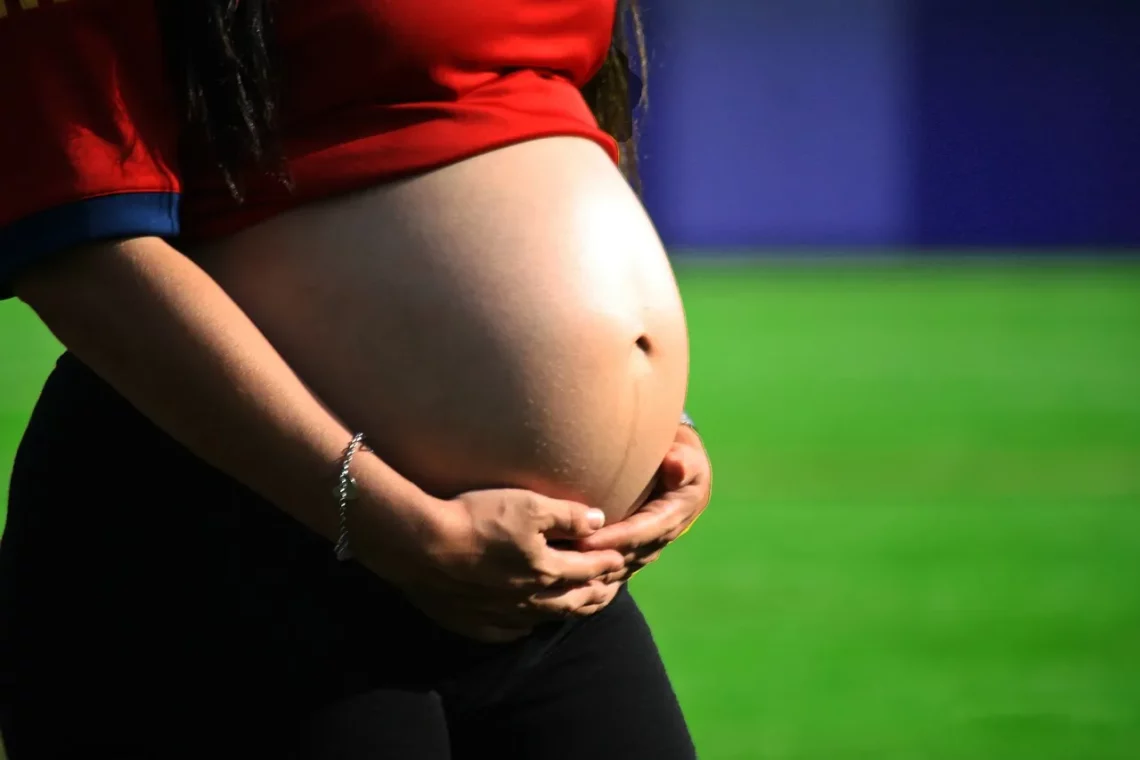
Can You Horseback Ride While Pregnant? What You Need to Know
Pregnancy is a beautiful and transformative time in a woman’s life, filled with excitement, anticipation, and a plethora of changes—both physical and emotional. As the body adapts to nurture new life, many expectant mothers find themselves contemplating how their activities and lifestyle may need to shift. One common concern is whether it is safe to continue engaging in activities they love, such as horseback riding. Riding has long been a cherished pastime for many, providing not only enjoyment but also therapeutic benefits. However, the question remains: can horseback riding be safely practiced during pregnancy?
As the body undergoes significant changes, it is crucial to understand the potential risks and benefits associated with horseback riding while pregnant. The activity itself, while exhilarating, comes with its own set of challenges, particularly when considering the safety of both the mother and the unborn child. Factors such as the stage of pregnancy, overall health, riding experience, and the temperament of the horse can all influence the decision to ride. In this article, we will explore various aspects of horseback riding during pregnancy, shedding light on safety considerations, expert opinions, and alternative options for expectant mothers who wish to remain active.
Understanding the Risks Involved
When considering horseback riding during pregnancy, it is essential to evaluate the potential risks involved. The most significant concern is the risk of falling, which can pose serious dangers to both the mother and the developing fetus. As the pregnancy progresses, the body undergoes numerous changes, including shifts in balance and coordination. This can lead to an increased likelihood of falls, particularly if the rider is not experienced or if the horse is not well-trained.
Another risk factor to consider is the impact of riding on the body. During pregnancy, a woman’s ligaments loosen, which can lead to joint instability. This instability can affect a rider’s ability to maintain proper posture and balance while on horseback. Additionally, as the belly grows, it can alter the center of gravity, further complicating riding stability. These physical changes may make it more difficult for an expectant mother to react quickly to potential hazards or maintain control over the horse.
Moreover, the level of activity and the intensity of riding can also pose risks. Engaging in high-intensity riding or jumping is generally not advisable during pregnancy. Such activities can increase the risk of trauma and stress on the body, which could be detrimental to both the mother and her unborn child. It is crucial for pregnant riders to assess their skill level and the nature of their riding activities before deciding to continue.
In light of these risks, it is always advisable for expectant mothers to consult with their healthcare providers before making any decisions regarding horseback riding during pregnancy. Healthcare professionals can provide personalized advice based on the individual’s health status, pregnancy progression, and overall fitness levels, ensuring that both mother and baby remain safe and healthy.
Consulting with Professionals
Before continuing or beginning any physical activity during pregnancy, including horseback riding, it is vital to consult with healthcare professionals. Obstetricians, midwives, and other medical providers can offer valuable insights into the potential risks and benefits of riding based on a woman’s unique circumstances. They can also evaluate any pre-existing conditions that may affect the safety of horseback riding.
Having a thorough discussion with a healthcare provider will help expectant mothers understand their individual risk factors. Factors such as previous pregnancies, history of complications, and overall fitness level can influence the decision to ride. Depending on these factors, a healthcare provider may either encourage or advise against continuing horseback riding during pregnancy.
In addition to consulting medical professionals, seeking advice from experienced equestrians or riding instructors can be beneficial. They can offer practical tips on how to ride safely during pregnancy, recommend suitable horses, and suggest modifications to riding techniques to accommodate the physical changes that come with pregnancy. Moreover, they can help identify safer riding environments, such as arenas with softer footing and fewer obstacles.
It is important to note that the enthusiasm for horseback riding should always be balanced with caution. If a healthcare provider advises against riding or if a mother feels uncomfortable, it is essential to respect those recommendations. There are numerous ways to stay active and enjoy the outdoors during pregnancy that do not involve horseback riding.
Alternatives to Horseback Riding
For those who love the outdoors and the equestrian lifestyle but are unsure about horseback riding during pregnancy, there are several alternative activities to consider. Staying active is crucial for overall health during pregnancy, and there are plenty of low-impact options that can provide similar benefits without the risks associated with riding.
One excellent alternative is walking. It’s a low-impact activity that can be easily modified to suit each stage of pregnancy. Walking not only helps maintain fitness but also offers opportunities to enjoy nature and fresh air. Pregnant women can explore scenic trails or parks, making it a delightful way to stay active while enjoying the beauty of the outdoors.
Swimming is another fantastic option during pregnancy. It is gentle on the body and provides excellent cardiovascular benefits without the risk of falling. Many women find that swimming helps relieve pressure on their joints and can be incredibly refreshing, especially during the warmer months.
Yoga and Pilates are also highly recommended for pregnant women. These practices focus on flexibility, strength, and relaxation, all of which are beneficial during pregnancy. Many studios offer classes specifically designed for expectant mothers, ensuring that the exercises are safe and suitable for their changing bodies.
Lastly, participating in prenatal fitness classes can be a great way to stay engaged in physical activity while being surrounded by other expectant mothers. These classes often focus on safe exercises that promote strength and endurance, helping women prepare for childbirth.
In conclusion, while horseback riding is a cherished activity for many, it is crucial to weigh the potential risks and benefits during pregnancy. Consulting with healthcare providers and considering alternatives can help ensure a safe and enjoyable pregnancy journey.
**Disclaimer:** This article is not intended as medical advice. Always consult with your healthcare provider for personalized recommendations regarding physical activities during pregnancy.




